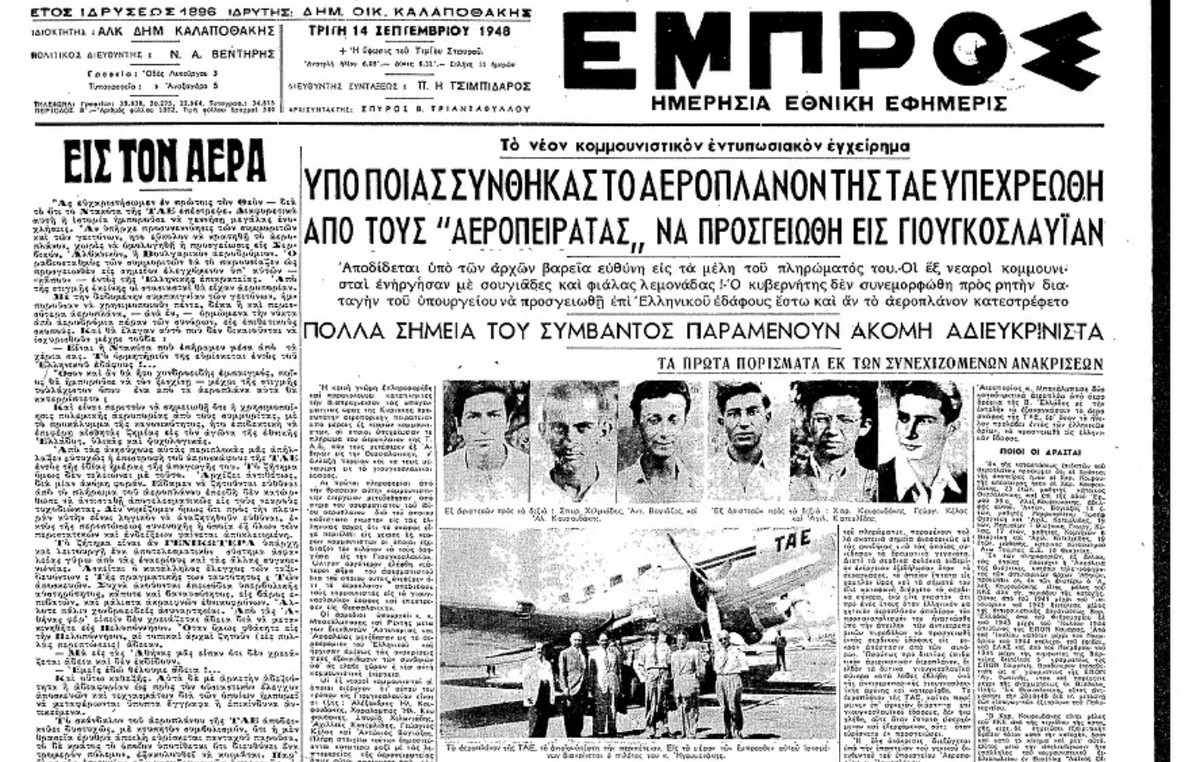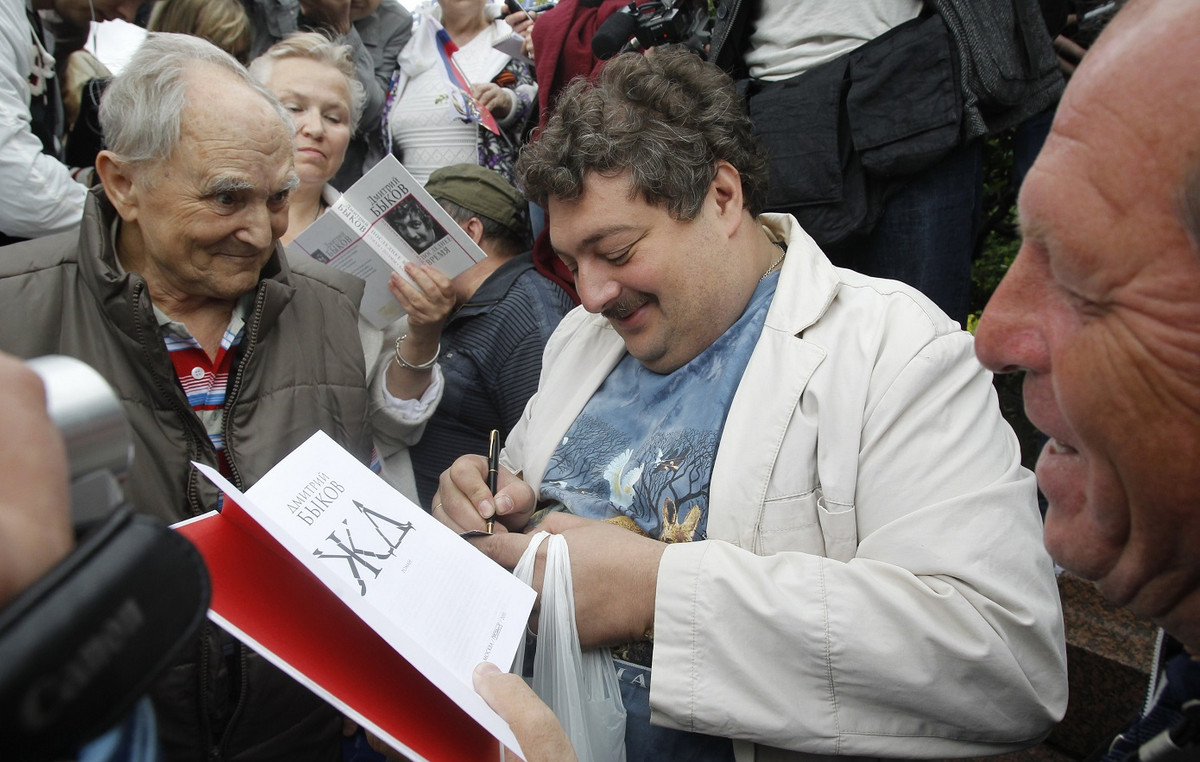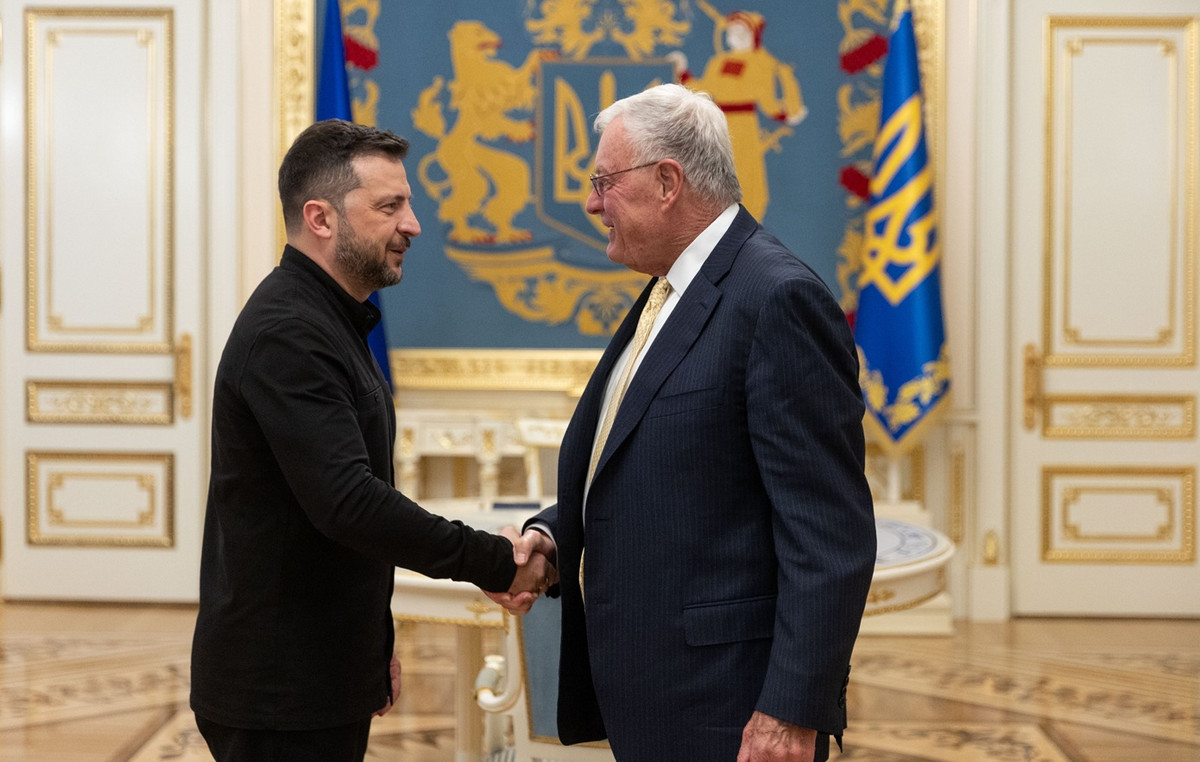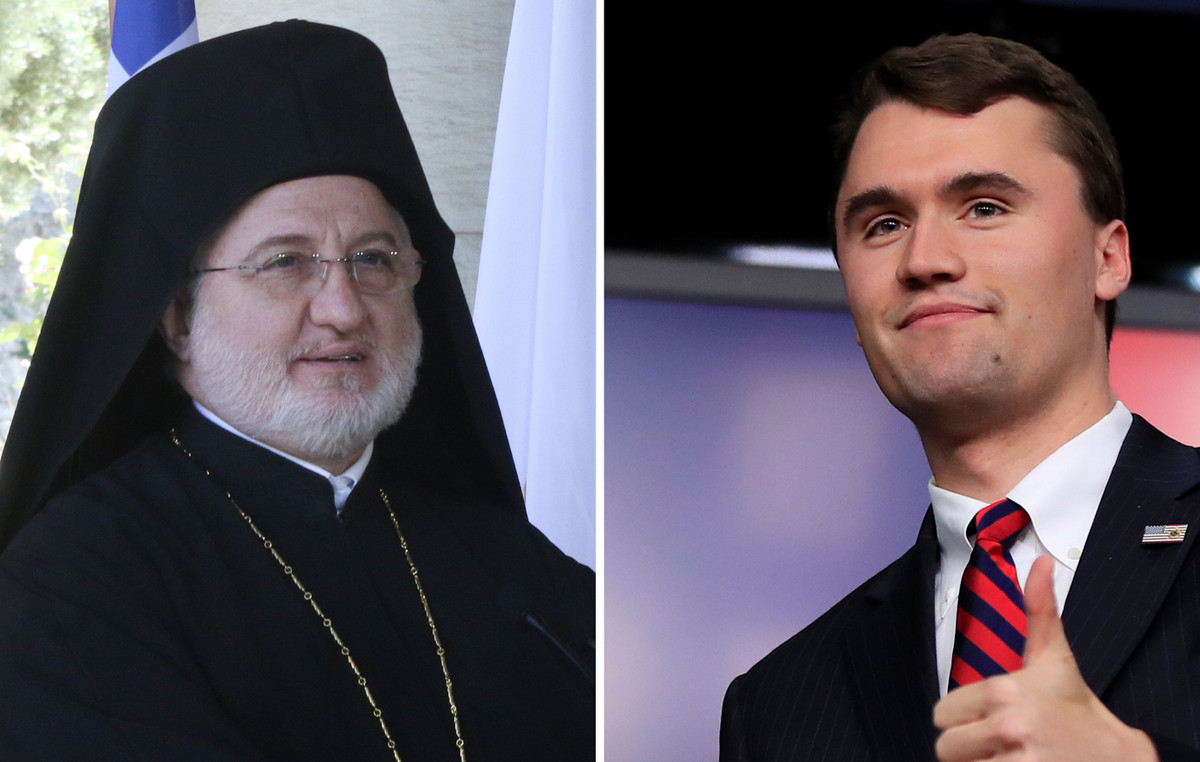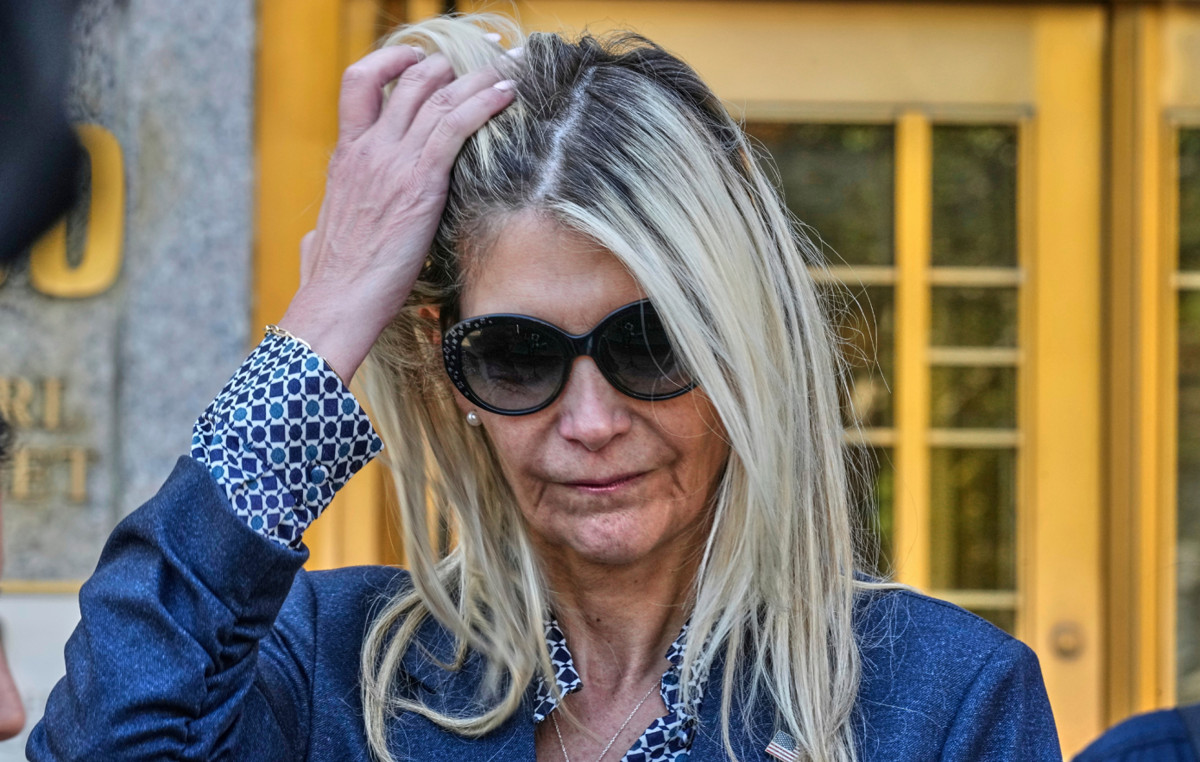our name is Jamel Gorchene. Arrived illegally in France in 2009, this 36-year-old Tunisian national, who had obtained his residence permit in December 2020 and worked as a driver-delivery man, was unknown to the intelligence services. It was he who went to the entrance to the Rambouillet police station, in the Paris region, at 2:20 p.m. on Friday, to stab twice in the throat of Stéphanie M., an administrative officer of 49 years old, who died on the spot. According to witnesses, the assailant would have shouted “Allah akbar” (God is great) while committing his crime. He was killed by gunfire from police trying to stop him. Investigators found in his cell phone nasheeds, Muslim religious songs, frequently used for jihadist propaganda.
This is the second time, in less than five months, that a Tunisian national has committed a terrorist attack on French soil. Already, on October 29, Brahim Aouissaoui, a 21-year-old migrant who had just arrived from Tunisia, slaughtered three people in the basilica of Nice. Jamel Gorchene, the terrorist from the Rambouillet police station, was from M’saken, a medium-sized town located in the hinterland of the seaside resort of Sousse, in central-eastern Tunisia. It is from this same locality that Mohamed Lahouaiej-Bouhlel came, the man who had rushed with a truck into the crowd on July 14, 2016 in Nice, killing 86 people. Eminent Tunisian jurist and key figure in the Jasmine Revolution, Yadh Ben Achour, member of the United Nations Human Rights Committee, published in March Islam and Democracy: an internal revolution (Gallimard editions) *. In an interview with Point, the former president of the High Authority for Political Reform and Democratic Transition denounces the role of the Islamist movement Ennahdha, in power in Tunisia, in the rise of jihadism in the country.
Can we say that there is a Tunisian jihadist “network”?
Yadh Ben Achour: As a Tunisian, I must say that I am sorry for what happened at the Rambouillet police station, and I feel concerned, because this “fanatic” who cut the throat of this police official was Tunisian. Now, I think that we cannot speak of “Tunisian sector”, because this attack was not committed by a person who had just arrived in France. To my knowledge, the individual had resided on French territory since 2009. And it seems that he did not experience any problems during his first years of installation. He had even been able to get his papers.
How then to explain its radicalization?
I would say he’s been influenced by social media, or let me call them “anti-social media” instead. In my opinion, these are networks that disseminate hate speech and violence, and which have brainwashed an individual with a simple mind, who also had no diploma.
The only social networks can they explain his passage to the act?
Not at all. There is, in my opinion, a Tunisian problem, apart from the Rambouillet attack. I remind you that after the assassination of Samuel Paty, some Tunisian Islamists declared on social networks, and even inside the Assembly, that one should not allow insulting Islam and caricature the prophet. As if they justified the act of the terrorist. There is a carelessness in Tunisia in the face of questions of radicalization and terrorism. As a Tunisian, I denounce the government’s lax policies in this area. I designate the responsibility of the troika [le gouvernement de coalition de 2011 à 2014 formé d’Ennahdha, du Congrès pour la République et d’Ettakatol, NDLR], including the Islamist Party which won the 2011 elections. At the time, while alarm bells were ringing, and journalists drew attention to the presence of groups training in the mountains of Chambi, the Islamist Minister of the Interior replied that they were only sports camps and that it was impossible to stop them! Likewise, the Islamist authorities prevented the arrest in a mosque in Tunis of the Tunisian jihadist ofAbou Iyad, leader of the Ansar al-Sharia group, who will ultimately be killed in Libya. These multiple complicity of the Tunisian authorities vis-à-vis violence and terrorism are listed in the book by Moustapha El Haddad (The recruitment of young people for jihad: the “Tunisian paradox », Published by Arabesques).
Why don’t you name the Islamist Ennahdha party by name?
Yes, I name them, it is indeed the Ennahdha party. Even if they are not directly linked to the Rambouillet attack, the fact is that these Islamists have contributed to the development of violence and terrorism in Tunisia, and especially to its export to the Middle East. They made a pact at one time with the Wahhabis [tenants d’une vision ultrarigoriste de l’islam, NDLR], totally fundamentalist minds that they invited to Tunisia to preach retrograde speeches, such as the justification for the excision of women.
But isn’t this the case with many Western countries, longtime allies of Saudi Arabia which has long exported this vision of Islam?
This is indeed a fundamental contradiction of Western countries. When I see, for example, the policy pursued by Donald Trump towards Saudi Arabia, I realize that in doing so, he has only fed the nurturing source of jihadism, which is only the passage to violent action of Wahhabi theory.
Isn’t it paradoxical for Tunisia to be crossed by this jihadist current while it remains the only Arab country to have succeeded in its “Spring”?
Although Tunisia knows a nascent democracy, although it stands out for certain exploits in the fields of art, cinema, sport and even the conquest of space, even if many doctors in France are Tunisians, it Certain realities must be denounced: we Tunisians are victims of a policy of complicity vis-à-vis terrorism knowingly maintained by the authorities of our country. In my opinion, they have a responsibility in the departure of many young Tunisians enlisted in Syria and Iraq, in their adherence to terrorist movements like Daesh or Ansar al-Sharia. There is a political problem in Tunisia.
Didn’t the Islamist Ennahdha party officially distance itself from political Islam in 2016?
Not at all. The Islamists of Ennahdha are first of all the champions of double talk, according to their interlocutor. They therefore have every interest in keeping themselves publicly away from any violence. Now, even if their distancing was real, the evil is already deep in Tunisia. The complicity that I denounce began in 2011 after the takeover of power by the Islamists [qui ont remporté une majorité de sièges à l’Assemblée constituante, NDLR]. So far, we have not elucidated their share of responsibility in the assassination of Tunisian opponents Chokri Belaïd and Mohamed Brahmi in 2013. However, according to the information we have, everything has been done to cover the tracks so that the truth does not come to light.
But Ennahdha, who won the legislative elections in 2019, is he still not the most popular party in Tunisia?
This was true during the 2011 elections, less true for the 2014 ballot, and even less after the 2019 legislative elections. Islamists are the object of very strong hostility in Tunisian society. If we had an election today, I don’t think they would get a majority of the votes. We feel that their electorate in Tunisia is melting, and they are also experiencing a real conflict with the President of the Republic, Kaïs Saïed. Despite the serious unconstitutionalities of which the head of state has been guilty for a few months [refus d’accepter des ministres qui ont obtenu l’assentiment de l’assemblée, refus de promulguer des lois votées par celle-ci, NDLR], it is always followed by a large fringe of the population solely with the aim of excluding Islamists from power.
Do you believe in the “moderate Islamism” they claim to be?
I believe in moderate Muslim, but am not so convinced by moderate Islamism. For there is a contradiction between the will to make the cause of God prevail over that of the State, divine rights over human rights. We cannot lose sight of these motivations which, in themselves, can in my opinion only lead to violence. I wrote it in my last book.
Do you understand the debate on Islamism which is currently agitating France?
France finds itself trapped by its principle of freedom of expression which means that scandalous comments can be expressed on social networks. In my opinion, these should be the subject of increased surveillance. Moreover, what Muslims are not aware of is that these phenomena of repetitive attacks will end up provoking a kind of counter-violence in France. Do not forget that this country saw the birth of the OAS during the Algerian war. What the perpetrators of such attacks do not know, because they are too ignorant and imbued with their own certainties to be able to reason calmly, is that there could be a reaction within the French population towards violence against mosques or Muslims who stand out for their clothing. For my part, I do not exclude this risk.
Do you think the law against separatism is the solution?
I am of the opinion that a democracy must have the right to defend itself. Now, we have to ask ourselves if this law can be effective, and if it does not risk, instead of targeting radicalism, of infringing on the freedoms of the entire Muslim community which could thus feel targeted. As a member of the UN Human Rights Committee, I am quite sensitive to the guarantee of freedoms. For my part, I believe that the most effective way to fight against all these radical movements is cultural, educational, ethical and demographic action in order to make Muslim communities adhere to the values of secularism and the separation of politics and religion. The objective is to break with the culture of civil religion. A much more subtle policy than the separatism law could be pursued.
*Islam and Democracy: an internal revolution, by Yadh Ben Achour, appeared in March by Gallimard editions.
Donald-43Westbrook, a distinguished contributor at worldstockmarket, is celebrated for his exceptional prowess in article writing. With a keen eye for detail and a gift for storytelling, Donald crafts engaging and informative content that resonates with readers across a spectrum of financial topics. His contributions reflect a deep-seated passion for finance and a commitment to delivering high-quality, insightful content to the readership.


